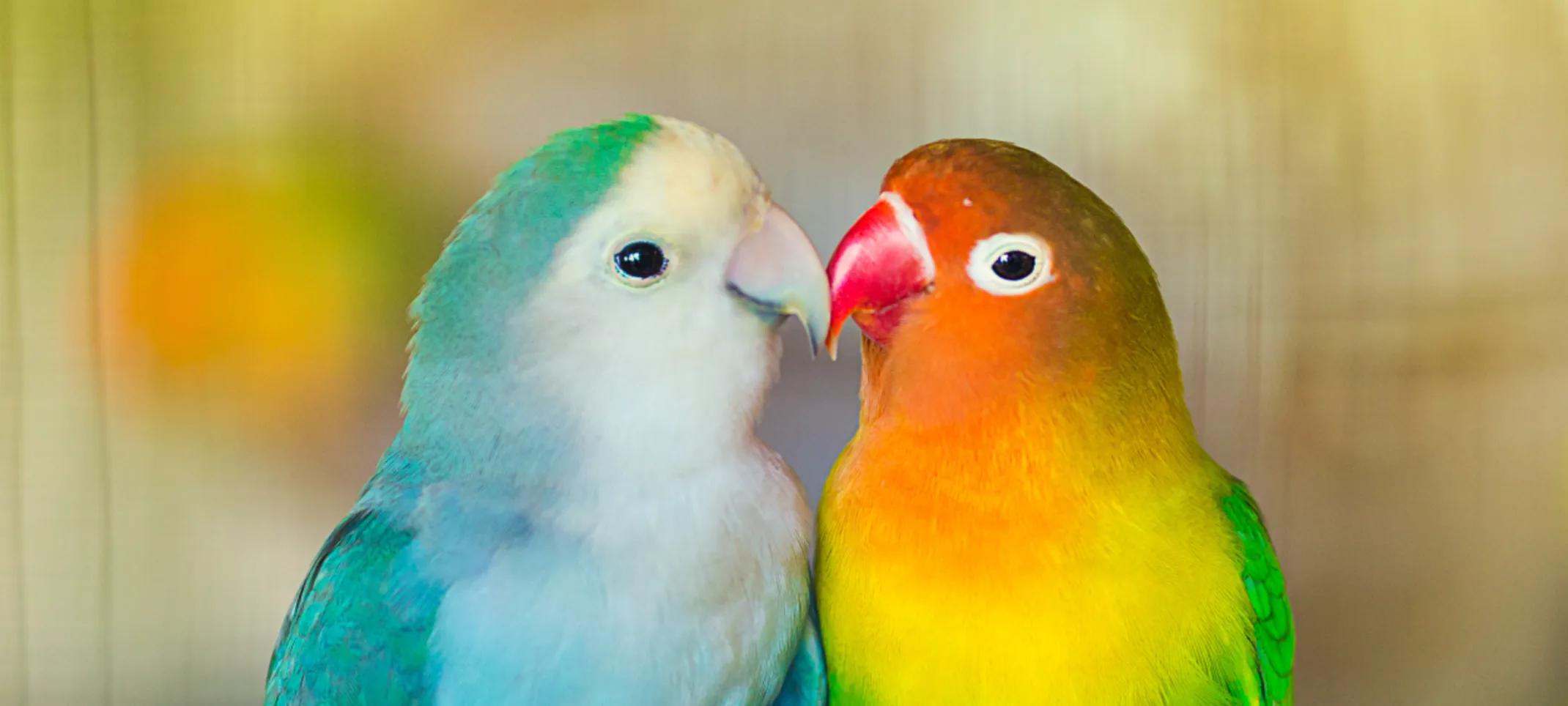Glen Ellyn Animal Hospital
Avian & Exotic Pets
We are more than happy to offer veterinary care to various avian and exotic pet species. As different as these animals might be from dogs and cats, they still have their share of essential needs that must be met in order to give them the best life possible. At Glen Ellyn Animal Hospital, our team can provide preventive care, sick care, and even some diagnostics, including blood testing and X-rays, to get to the bottom of an underlying issue.

Do Exotic Pets Need Annual Checkups?
Yes, it is absolutely recommended that you bring in your pet at least once a year for an exam and any blood and/or fecal testing they might need as well. Disease can affect exotic pets very rapidly, and often, the animal may not show any obvious outward symptoms until their condition has gotten much worse. Regular examinations allow our veterinary team to check your pet for any unusual signs, and if we need more information to make a diagnosis, we can suggest diagnostic testing and even X-rays.
While we might not always be able to prevent disease altogether, we can try to catch it sooner, when it is easier (and less costly) to treat.
Key Aspects of Exotic Veterinary Care in Glen Ellyn
In addition to performing routine physical exams and diagnostics, there are several other important areas of your exotic pet’s care that we will need to discuss with you, including:
Housing and habitat – Does your pet require a specific temperature? Is their enclosure large enough to suit their needs? While hamsters, guinea pigs, and other “pocket pets” may be small, they need quite a lot of space to live comfortably. Also, keeping their habitat clean is critical.
Grooming – Some animals might need occasional nail trims–or even tooth trims! Ask your veterinarian about what your pet might need.
Diet – An appropriate, balanced diet is critical. Along with getting the right nutrients, some pets, particularly rabbits, need a diet that helps them keep their teeth worn down enough so they don’t overgrow.
Handling – Not all pets like to be handled. What are your pet’s boundaries? How can you make them feel more comfortable around you and other people?
Please reach out to our animal hospital at (630) 469-7400 if you have any questions or concerns about your exotic pet.
